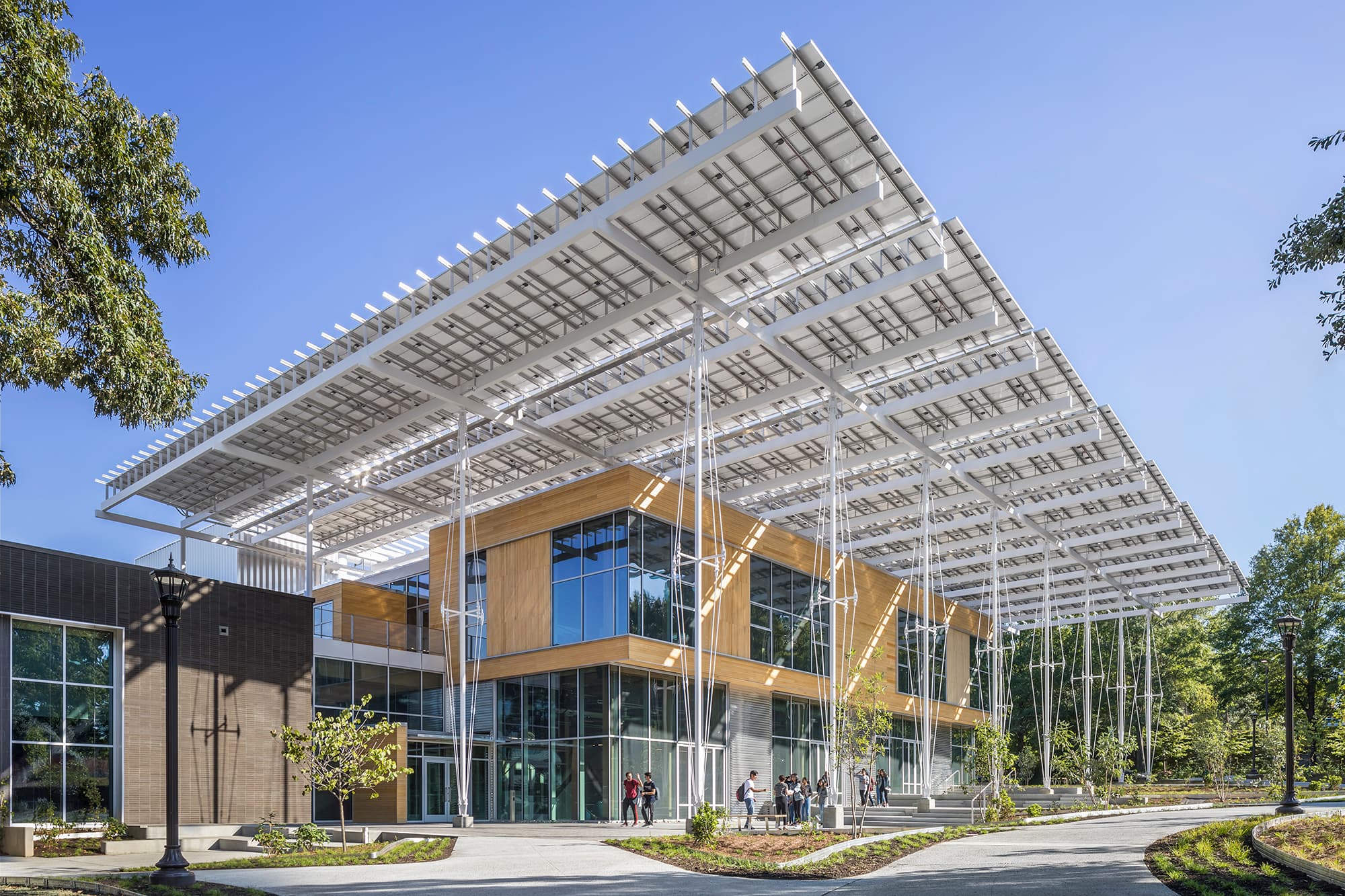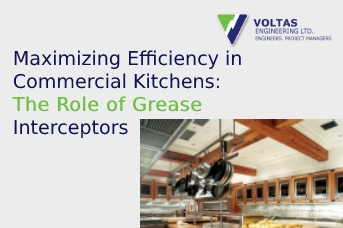Commercial kitchens, as the name suggests, are kitchens where food is prepared with the objective of selling it. Commercial kitchens are equipped with high-end appliances and specialized tools to accommodate the demands of professional cooking. Commercial kitchens are installed in restaurants, hotels, catering companies, and other food service establishments. The food prepared is generally huge in quantity, which demands higher efficiency.
Competition is very high in the market; customers like to visit the most efficient and hygienic restaurants. Effective handling of fat, oil, and grease (FOG) waste is essential.
If not handled correctly, then FOG particles will accumulate in kitchen equipment, such as dishwashers and sinks, leading to reduced quality, and pipes can get clogged, causing plumbing issues.
You can avoid such issues by getting reliable engineering solutions for grease interceptors, which also comply with the regulations of BC housing codes.
Greece interceptors ensure that grease and oil waste is properly contained and disposed of, reducing the risk of clogs and backups in plumbing systems. Additionally, grease interceptors help prevent environmental pollution and the discharge of harmful substances into water bodies.
Installing grease interceptors is crucial for businesses that aim to increase efficiency and maintain a sustainable environment. In this article, we will discuss the role of grease interceptors in detail.

What are Grease Interceptors?
Grease interceptors are equipment used to separate fats, oils, and grease (FOG) from wastewater.
How is the process of grease interceptors carried out?
When it comes to commercial kitchens, the sanitary outflow contains a lot of solid food particles and FOG, right? Initially, bigger food particles would be manually removed before entering the wastewater into the interceptor.
As the wastewater flows into the interceptor, a natural separation occurs.
Leftover particles fall to the bottom, while lighter FOG constituents rise to the top and naturally form a layer. This is how FOG can be successfully separated through the interceptor’s natural floating and sinking process.
Why are Grease Interceptors Installed?
Since grease management is a common issue in commercial kitchens and food operations, grease interceptors are installed. Building grease can be a headache for commercial kitchens as it can cause further issues and reduce the quality. Additionally, clogged pipes can lead to heavy repairs and damage to the environment. Proper grease management is crucial for maintaining a healthy and functional food operation.
That’s why grease interceptors are high in demand and widely used in commercial kitchens.
Background Study
Since more than a century ago, traditional grease traps have been in use to prevent FOG (fats, oils, and grease) from clogging up municipal sewer systems.
As a result of the thriving population and changes in lifestyles, upgraded technology is required to handle complex grease issues. We need more effective grease traps to prevent fats, oil, and grease from entering drain pipes.
According to the Uniform Plumbing Code (UPC), the fundamental distinction between a trap and an interceptor is the amount of liquid the device can efficiently process in gallons per minute (GPM), with traps handling less than 50 GPM and interceptors managing above 50 GPM. The separation effectiveness of an interceptor is generally higher.
Grease interceptors are a new technology with increased capacity and durable materials. Now, we will discuss how grease interceptors contribute to maximizing efficiency in commercial kitchens.
The Role of Grease Interceptors in Maximizing Efficiency in Commercial Kitchens
Preventing Clogs
When it comes to clog prevention, grease interceptors come to the rescue. It is obvious that the development of grease in the kitchen’s dishwashers and sinks may result in reduced performance and increased maintenance needs for the kitchen equipment. Consequently, it will lead to increased time, monetary costs, and stress.
To prevent this, it is recommended to get the best engineering solutions (designing and reviewing) for the grease interceptors. It can reduce future maintenance costs and ensure hygiene.
Extending the Lifespan of the Equipment
Grease interceptors remove FOG before it reaches the equipment, reducing the risk of damage and prolonging its lifespan.
Installing grease interceptors not only increases the life span of your equipment but also benefits you by saving money.
Installing grease interceptors minimizes the need for costly repairs or replacements and ensures the kitchen operates at its full potential.
Additionally, grease interceptors are an environmentally friendly solution as they prevent FOG from entering the sewer system and causing blockages. This can also result in lower wastewater treatment costs for the establishment. However, regular maintenance of grease interceptors is crucial to ensure their proper functioning and prevent clogs or overflows.
Complying with Regulations
Installing grease interceptors in your commercial kitchen is mandatory to ensure compliance with legal regulations. Installing interceptors prohibits the need to dispose of harmful waste in water bodies, consequently saving you from paying fines.
By installing and properly maintaining grease interceptors as per the BC housing codes, businesses can avoid penalties and legal issues, ensuring smooth operations without interruptions. Installing interceptors also helps prevent blockages and backups in the plumbing system. For example, a restaurant that fails to install a grease interceptor as per the legal regulations may face fines and closure by the health department due to frequent backups in their plumbing system caused by accumulated grease.
Environmental Sustainability
Proper disposal of FOG is important not only for compliance but also for environmental sustainability.
When FOG is not disposed of properly, it can lead to clogged pipes and sewer systems, causing costly damages and negative impacts on the environment.
Therefore, businesses have a responsibility to not only follow regulations but also take proactive steps to reduce their environmental impact.
This can include implementing best practices such as reducing FOG waste through proper food handling and implementing recycling programs for FOG.
Enhancing Workflow
A well-designed and functional kitchen is essential for any successful restaurant or food service establishment, and grease interceptors are an important component in achieving this objective.
Grease interceptors aid in preventing fats, oils, and grease from entering the sewer system and causing blockages. Additionally, they help reduce the risk of fire hazards in commercial kitchens.
Installing grease interceptors guarantees that sinks and drains are always accessible for use, allowing kitchen staff to work productively without delays or interruptions.
As a result, processes for preparing food and cleaning up are sped up, leading to improved workflow.For example, a busy seafood restaurant would greatly benefit from a grease interceptor. Without one, the high volume of oil and grease produced during cooking could clog drains and cause backups, disrupting service and potentially leading to health code violations. A properly installed grease interceptor would prevent these issues, ensuring a smooth and efficient operation
Conclusion
The safe disposal of grease, fats, oils, and other potentially biohazardous wastes is ensured by the use of grease interceptors, which are wonderfully helpful devices.
If you are looking to install grease interceptors for your commercial kitchen in Surrey, British Columbia, Canada, feel free to contact Voltas Engineering. Get the expert’s engineering solutions.


